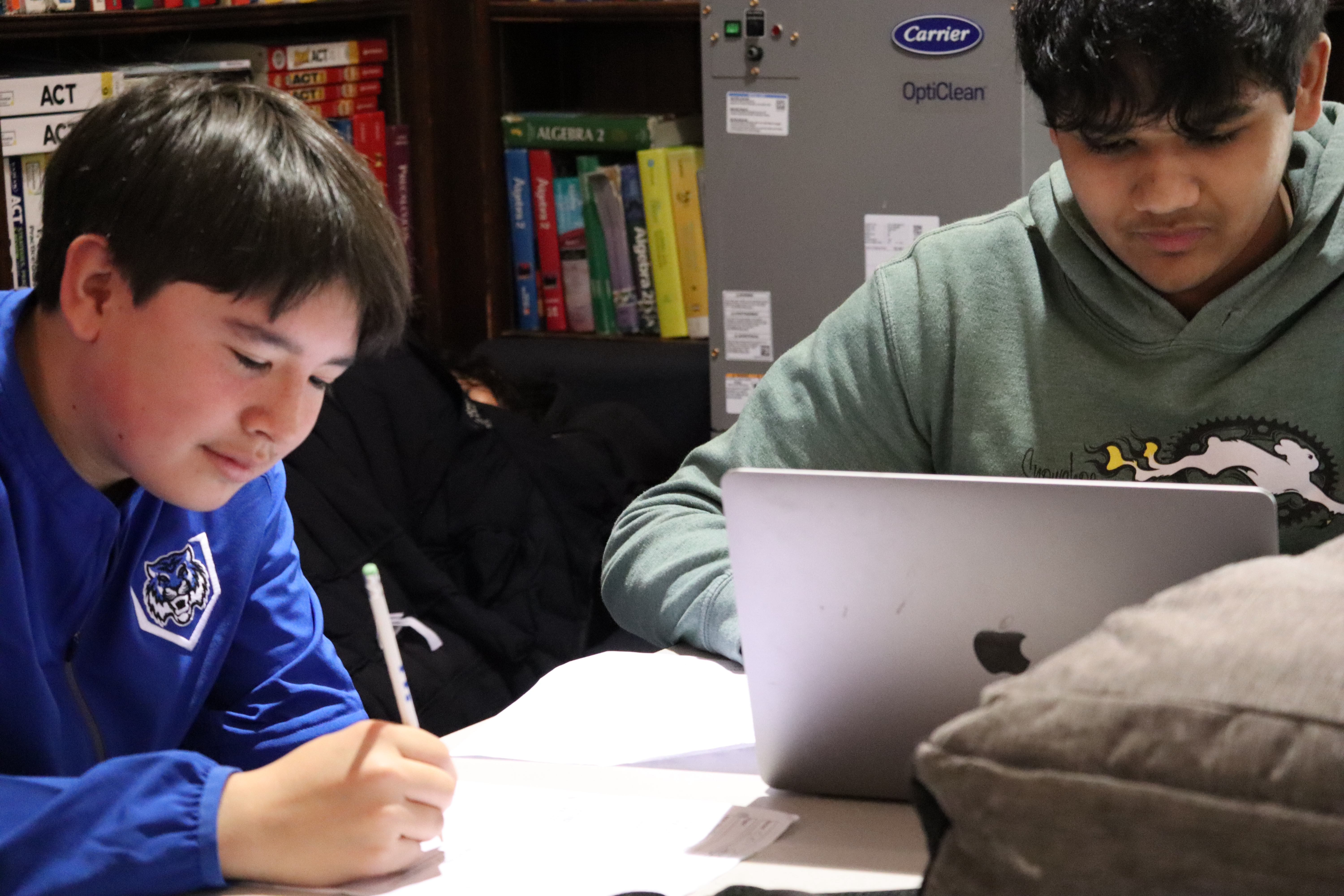Tutors are not shortcuts to success
March, 2025Having a tutor does not guarantee success. That is the mistake too many students make. The assumption goes like this: if you are struggling in a class, hiring a tutor will fix everything. A tutor will reteach the material, clarify confusion, and help you complete assignments. If you sit through lessons, understanding will come eventually. But that is not how learning works.
Students who rely on tutors as a safety net — thinking they can check out during class because they will “just relearn it later” — are setting themselves up for failure. A tutor is not a replacement for active engagement. They are not an alternative to thinking for yourself.
PHS students know this pattern too well. You can walk into the IDEAS Center on any given afternoon and see tutoring sessions happening at nearly every table. Some students are asking questions, engaging in discussion, and working through problems themselves. Others sit back, listen passively, and nod as if absorption was automatic. Then, they go home, take the test a few days later, and are surprised when their grade does not reflect all those hours with their tutor.
The reality is that success depends on active learning. That means asking questions in the moment, staying engaged with the material, and making an effort before seeking outside help. It means attempting the homework before assuming you need a tutor to walk you through it.
Tutors are not a shortcut. They should be a supplement: a way to refine understanding, clarify difficult concepts, and receive guidance on problem areas. The students who see real results from tutoring are the ones who already engage in class, who struggle first before seeking help, and who come to their tutor with specific questions instead of waiting to be spoon-fed the material. PHS offers plenty of resources for students: teachers who hold office hours, peer tutoring programs, and the IDEAS Center. However, none of it matters if students refuse to take the initiative themselves. The bottom line? If you are zoning out in class, thinking your tutor will handle it later, you are wasting time — yours, your tutor’s, and your teacher’s. The real work happens in the classroom. Tutors can help, but only if you are willing to help yourself first.
